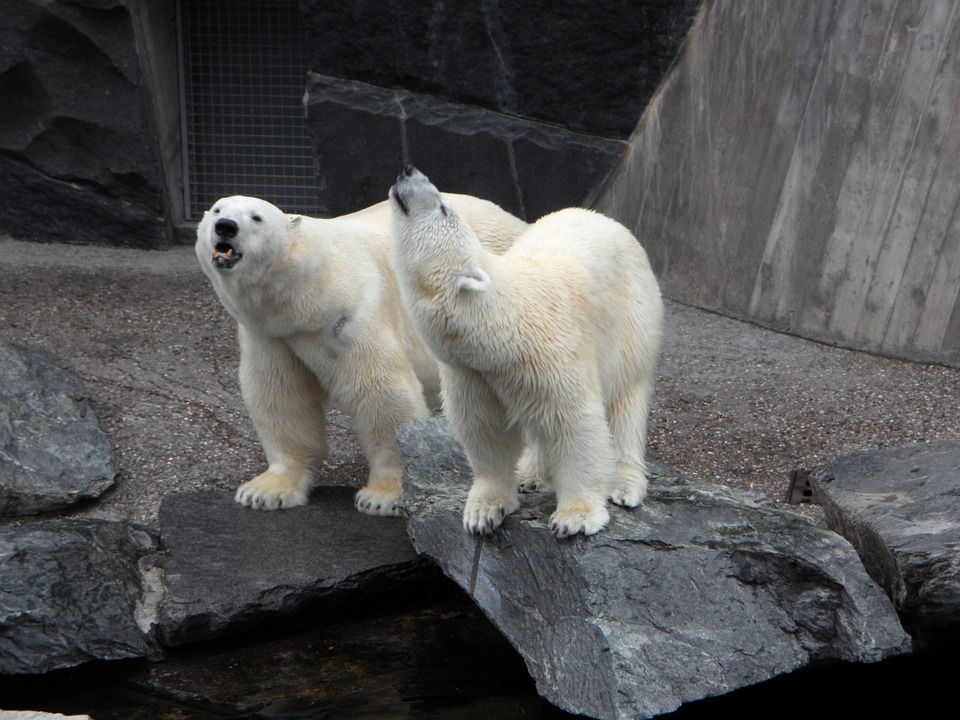Introduction
Global warming, primarily caused by human activities such as burning fossil fuels and deforestation, is leading to significant changes in our planet’s climate system. These changes have far-reaching ecological implications that affect various ecosystems and species. Understanding these implications is crucial for implementing effective measures to mitigate and adapt to the impacts of global warming.
Rising Temperatures and Shifted Climate Patterns
One of the most evident ecological implications of global warming is the rise in average global temperatures. This increase in temperature leads to altered climate patterns, including changes in precipitation, wind patterns, and extreme weather events.
Impact on Ecosystems
Rising temperatures and shifted climate patterns can disrupt ecosystems in several ways. Some species may struggle to adapt to these changes, leading to reduced population sizes or even extinction. Changes in temperature and precipitation can also affect the availability of resources such as water and food, potentially causing shifts in species’ distribution and changes in the timing of biological events like migration or flowering.
Melting Polar Ice and Rising Sea Levels
Global warming is causing the melting of polar ice caps and glaciers, leading to rising sea levels. This poses a significant threat to coastal ecosystems and low-lying areas.
Coastal Ecosystems at Risk
The rise in sea levels can result in the inundation of coastal habitats, including salt marshes, mangroves, and coral reefs. These ecosystems provide critical habitats for numerous species and play a vital role in protecting coastlines from erosion and storm surges. Their loss can lead to decreased biodiversity and increased vulnerability to coastal flooding.
Loss of Biodiversity
Global warming is a significant driver of biodiversity loss, affecting various species and their habitats.
Species Extinction
As ecosystems face increased stress due to rising temperatures and changing climate patterns, some species may not be able to adapt quickly enough to survive. This can result in the extinction of species and disrupt entire food webs and ecological interactions. Loss of keystone species can have cascading effects on multiple levels of the ecosystem.
Conclusion
The ecological implications of global warming are vast and multifaceted. Rising temperatures, shifted climate patterns, melting polar ice, rising sea levels, and loss of biodiversity are just a few examples of the impacts it has on our planet’s ecosystems. It is essential to recognize the urgency of addressing global warming through collective action, sustainable practices, and policies that aim to reduce greenhouse gas emissions and promote climate resilience.

Kyle Whyte is a notable scholar and professor at the University of Michigan, holding positions such as the George Willis Pack Professor in the School for Environment and Sustainability and Professor of Philosophy. Specializing in environmental justice, his work critically examines climate policy and Indigenous peoples’ ethics, emphasizing the nexus between cooperative scientific endeavors and Indigenous justice. As an enrolled Citizen Potawatomi Nation member, he brings a vital perspective to his roles as a U.S. Science Envoy and member of the White House Environmental Justice Advisory Council. His influential research is supported by various prestigious organizations including the National Science Foundation, and disseminated through publications in high-impact journals. Kyle actively contributes to global Indigenous research methodologies and education, with affiliations to numerous institutes and societies dedicated to traditional knowledge and sustainability. Recognized for his academic and community engagement, Kyle has earned multiple awards and served in various visiting professorships. His efforts extend to leadership positions on boards and committees focused on environmental justice nationwide.
